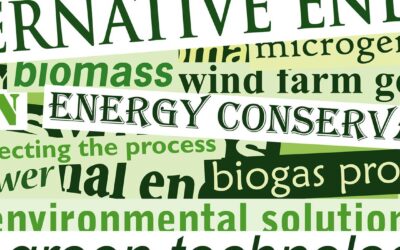Drafting legislation is often equated with making sausage. The process isn’t pretty, but you have to go through it to get a bill out the other end.
With Congressional prospects for climate legislation better than ever, Rep. Edward Markey (D-MA) held a hearing last week on “The Role of Offsets in Climate Legislation.” Markey now chairs a key subcommittee of the House Energy and Commerce Committee, which Speaker Nancy Pelosi has said will be the starting point for a cap-and-trade bill during this session.
The hearing topic might sound rather technical, but about 20 members of Congress, including Reps. John Dingell (D-MI), Rick Boucher (D-VA), and Jay Inslee (D-WA), showed up to listen to the testimony and ask questions. Even the Republicans on the committee (e.g., Fred Upton (R-MI), Joe Barton (R-TX), and Michael Burgess (R-TX)) were engaged. I had the sense that everyone present — climate policy supporters and skeptics alike — were starting to realize that cap-and-trade legislation could very well pass within a year and that they better express their views now.
Parliamentary drama permeated the hearing with some members using the committee forum to allege that offsets were “another Enron waiting to happen,” or “a get-rich scheme for special interests.” But more often than not, the critics would say that if cap-and-trade is going to become law, they want offsets to be real, additional, verified, and permanent.
Congressional members and hearing witnesses cited the recent U.S. Climate Action Partnership (USCAP) blueprint as evidence that mainstream corporations see an important role for high-quality offsets. Gary Gero, president of the California Climate Action Reserve (CCAR), was particularly effective at explaining CCAR’s experience with standards and their potential application in a federal offset system. Ambassador Stuart Eizenstat, who led the U.S. in climate negotiations at Kyoto, was strong, too, in defending the potential for offsets to contain compliance costs. Stanford Law School Associate Professor Michael Wara criticized the Clean Development Mechanism (CDM), but qualified his statement by saying that a credible offset program could be designed in the U.S. Several lawmakers expressed support for creating a special scientific advisory board at EPA to oversee the federal offset system.
The Committee is getting down to the hard work of crafting a passable bill. Rep. Henry Waxman (D-CA), who chairs the full House Energy and Commerce Committee, has said he intends to get a bill out of committee by Memorial Day.
Brought to you by terrapass.com
Featured image







